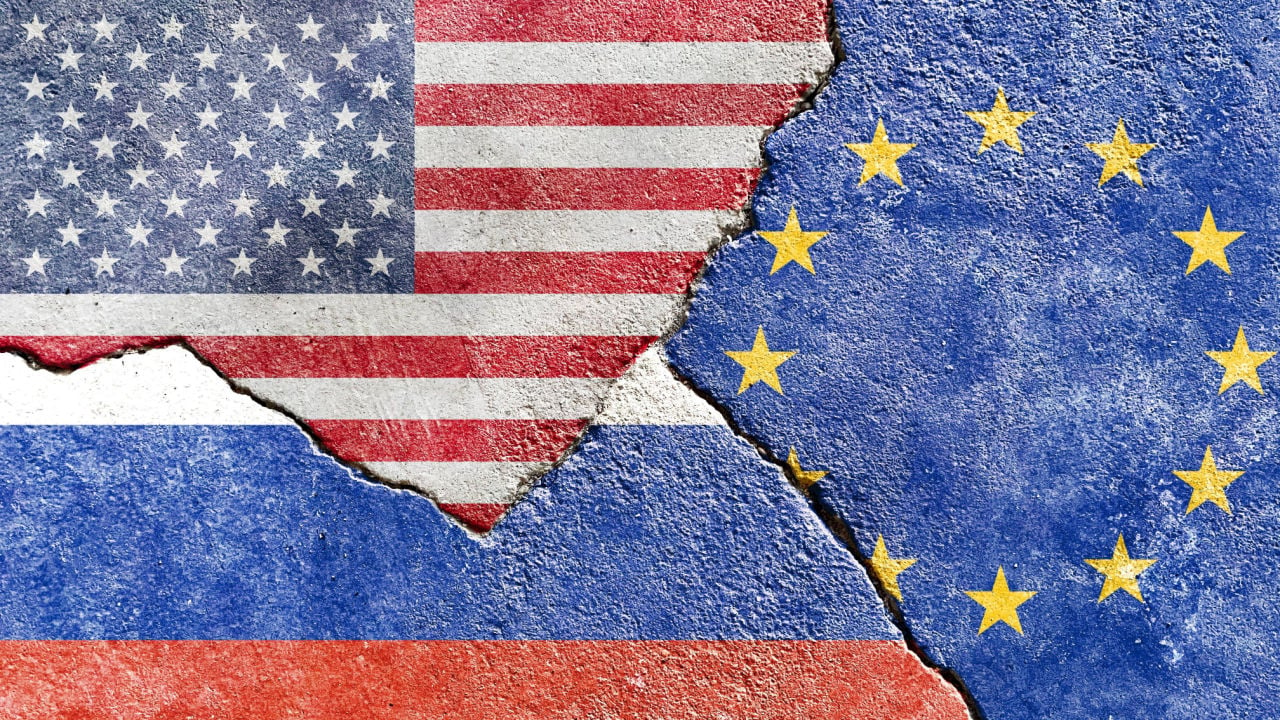
U.S. Treasury officials will visit Europe this month with the goal of getting more countries to apply punitive measures against Russia. The tour, which will visit Switzerland, Italy, and Germany, is aimed at stopping the material support that companies in these countries are providing to Russia, threatening to cut trade if they do not comply.
The U.S. Treasury Department will require Europe to implement sanctions against Russia
The U.S. government is trying to forcefully nullify the trade ties Russia still has with European companies and countries, according to AP, two officials from the U.S. Treasury Department will visit Europe later this month to prevent European countries from providing any assistance to the Russian Federation.
Treasury officials Liz Rosenberg and Brian Nelson will embark on a tour that includes Italy, Switzerland and Germany. They will meet with businesses and financial institutions to see if they can force them to cut ties with Russia or be blocked from doing business activities with countries that make up 50% of the world economy.
They will also visit Kazakhstan, with the aim of stopping the country’s provision of goods and information to Russia.
Department on Sanctions and Effectiveness
U.S. officials and politicians have touted the slowdown in Russian growth as a result of the economic sanctions, but analysts argue that the measures are counterproductive for the United States, encouraging other countries to find and promote alternatives to the U.S. dollar in international markets.
Russia has managed to circumvent some of these sanctions by shifting production to various markets where the sanctions are applied neutrally. For example, Russia is currentlysellingcrude oil to India using the Dubai benchmark, at prices higher than the$60 limitimposed by the G7 countries and the European Union on December 3 to limit the country’s revenue.
French President Emmanuel Macron recently made his position on Europe’s role in these issues clear. For him, the EU is often caught up in third-party issues, seen by other countries as a “follower of the US” that does not allow the bloc to gain strategic autonomy.
{But President Joe Biden has said that Russia still poses a serious threat to the United States and has expanded a series of sanctions affecting Russian companies, politicians, and the military-industrial complex. Billions of dollars have been frozen from Russian oligarchs and the Central Bank of Russia in an effort to weaken Russia’s ability in the Russian-Ukrainian conflict.
Image Credit:: Shutterstock, Pixabay, Wiki Commons.














